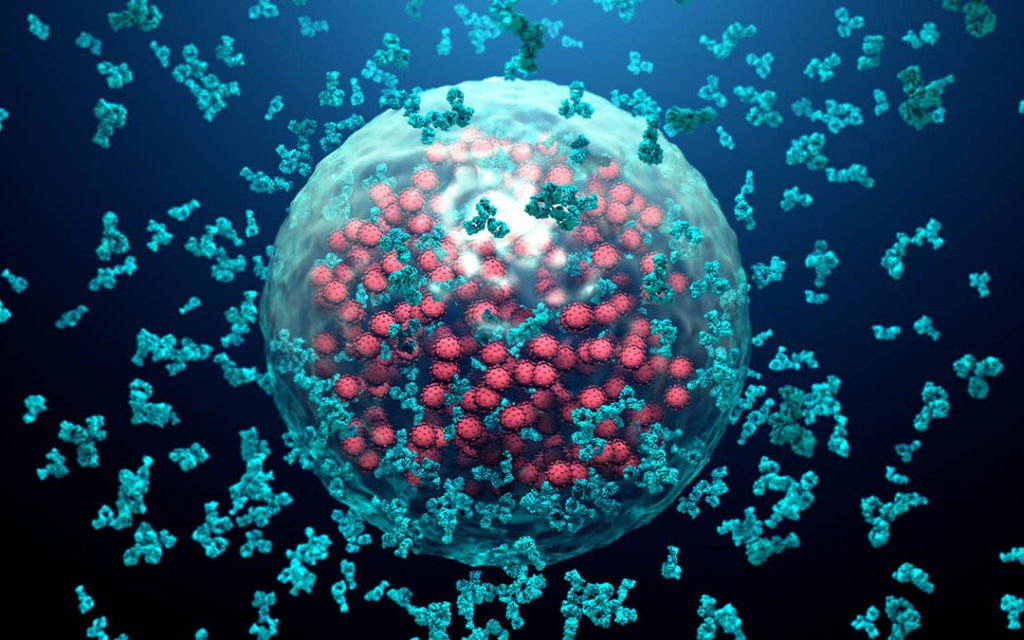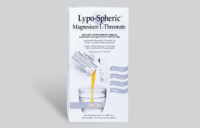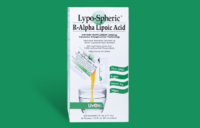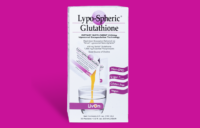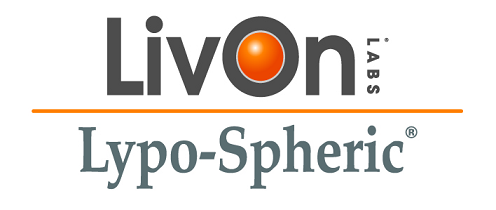GSH
Glutathione and the Immune System
Aside from its role as the master antioxidant, glutathione is crucial to proper immune system function. This powerful compound supports the cells that keep you healthy.
Glutathione supports normal cytokine levels
Cytokines are communication proteins released by white blood cells to transmit information to other cells for a proper immune response. For example, cytokines activate B cells which release antibodies. Scientists are aware of more than 100 different cytokines that are either pro- or anti-inflammatory, and sometimes both. The pro-inflammatory cytokines are essential for the immune response.
Glutathione supports mast cells
Mast cells line the respiratory system, from the nasal passage through the throat all the way down to the lungs. As these pathways are a primary means of entry to the body, mast cells are under constant attack. They need high levels of glutathione to perform.1
Glutathione supports lymphocytes
Lymphocytes are a class of white blood cells. The three forms of T cells, the smaller type of lymphocytes, work together to protect your body from invaders. Helper T cells identify targets for the killer T cells to destroy. After the threat is taken care of, suppressor T cells suppress the immune system.
Glutathione is required for T cells to grow. In recent studies, researchers found that T cells could activate, but could not proliferate. Scientists have noted that GSH-deficient T cells failed to increase in size. While the T cells can technically function, a lack of glutathione severely impairs their performance by limiting their expansion in individual cell size and numbers. These researchers note that too high of a free radical concentration inhibits T cell growth and that glutathione keeps free radicals under control, “which allows T cells to enter the cell cycle, metabolically reprogram, differentiate, and form protective immune responses.”
Glutathione prevents oxidative stress in immune cells
When T cells proliferate, they require more energy. This increased metabolic activity drives free radical production. When the free radical concentration gets too high, DNA is damaged and cells die. Glutathione controls these rising levels of free radicals to prevent T cell death. In the aforementioned study on glutathione and cytokines, researchers noted that supplementation decreased oxidative stress levels in white blood cells.
Free radicals are critical components of the immune system, essential to the inflammatory part of the healing process. When present in uncontrolled numbers, free radicals overwhelm antioxidants, leading to oxidative stress which damages cells, including those in the immune system.
How to avoid glutathione depletion for immune system health
Be aware of the circumstances that deplete glutathione, including:
- Smoking
- Alcohol
- Certain medications, particularly those containing acetaminophen
- Excess body fat
Make sure to eat the nutrients required to produce glutathione:
- B vitamins
- Carnitine
- Alpha lipoic acid
- Selenium
- Cysteine
- Glutamine
- Glycine
Supplement with an absorbable form of glutathione. While ordinary oral forms of glutathione break down into amino acids in the digestive system, Lypo-Spheric® Glutathione moves through the gut unharmed due to its protection in liposomes. These fatty spheres transport the glutathione to the bloodstream and the cells for absorption.
1 Levy, Thomas E, MD, JD. GSH: Master Defender. LivOn Laboratories, 2013.



